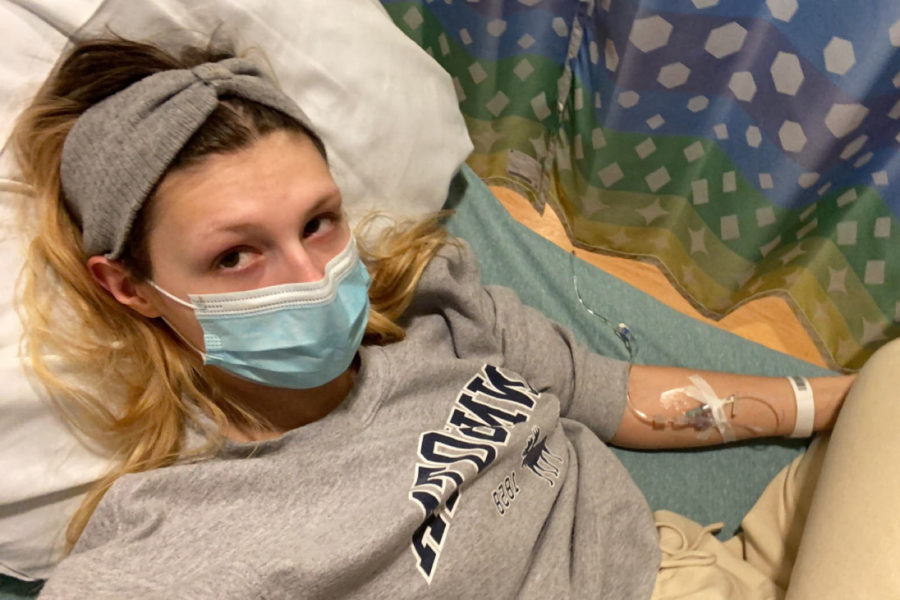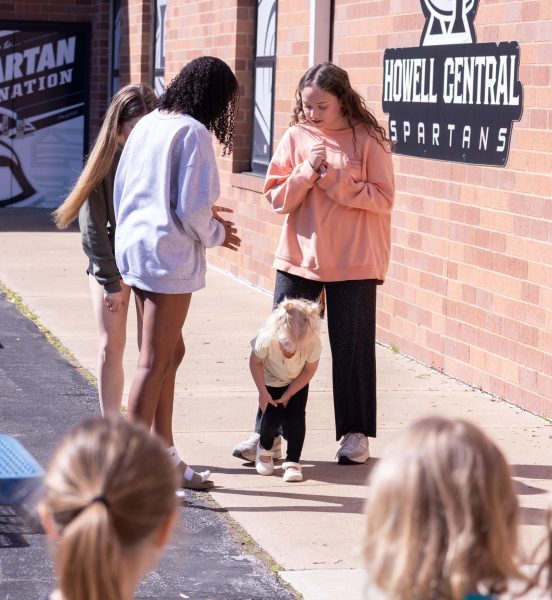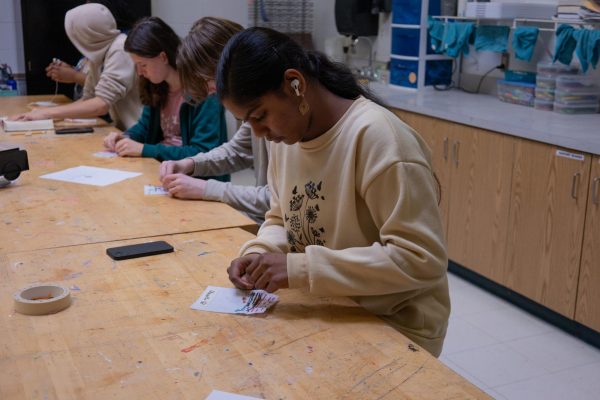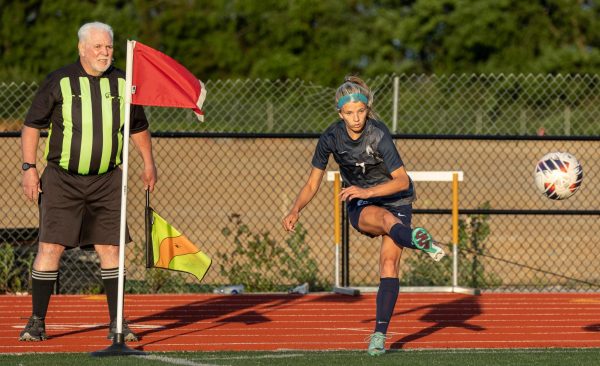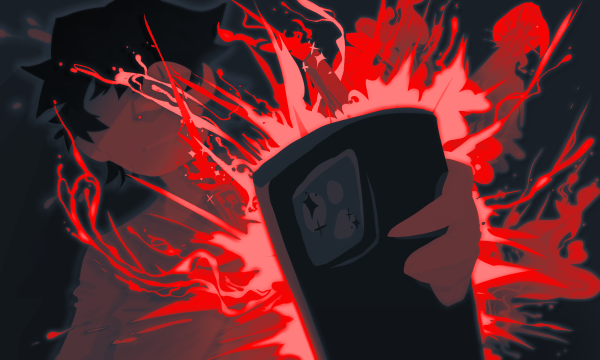The Complications of Crohn’s and Celiac
The sudden onset of sickness is something I was never prepared for
Nobody ever imagines that if anyone was to get sick, that it would be them. Plenty of people would think of the elderly woman that lives down the street, or the father of a friend — but the thought that it could be you who gets sick is never really brought to the forefront of your mind. That’s why when I found myself in the hospital in early May, it was hard to cope with the severity of my situation.
I woke up on May 4 with a slight fever, leg pain and chills. My parents initially chalked it up to be a cold, and that I would be feeling better by the next day. However, when May 5 came, things had gotten significantly worse. The fever had spiked, my abdomen felt like it was pulsing, and it was difficult to keep any food down. Later in the day I was taken to the emergency room, and after waiting for a bit, I was brought in to get MRI’s, X-Rays and blood tests done. I laid in a hospital bed for hours, and still the doctors couldn’t find anything wrong, resulting in them releasing me in the early morning of the next day. At home I continued to deteriorate further.
Within a week it got to the point where I couldn’t even walk down the hall from my room to the kitchen without my mom’s help and standing alone was a challenge. So what did my parents do? They took me to a different hospital, where immediately I had more blood tests, ultrasounds, MRI’s and X-Rays completed. I was again stuck in a hospital bed in a foreign environment, just waiting for an answer as to what might have been wrong. However, before they released me, I was informed that I had a TTG count of 408, something that was supposed to be below 20. That immediately raised concerns from my parents and I, as we had no clue what a TTG count was, or how it impacts someone’s health. Later on, I found out I had Celiac disease, and the beginning of what would later be diagnosed as Gastroduodenal Crohn’s disease. I had no idea what those even were, and needed to consult multiple gastroenterologists, immunological specialists and my primary care physician.
Celiac disease is an autoimmune disease where the ingestion of gluten leads to damage in the small intestine. When someone with celiac disease consumes gluten, their body will have an immune response and white blood cells will attack their small intestine or the villi lining the small intestine. The villi are small projections that when damaged, cannot absorb nutrients properly, leading to numerous other health issues. While incurable, those with celiac can switch to a gluten-free diet, which I ended up doing to prevent further damage, but there are still risks that might impact myself or others in the future. There is the risk of developing other autoimmune diseases (ie Multiple Sclerosis, Type I Diabetes), heart disease and small bowel cancers.
Crohn’s disease is a chronic inflammatory condition which affects the gastrointestinal tract of a person. The specific type of Crohn’s that I have focuses on the stomach, and the beginning of the small intestine. It causes nausea, vomiting, loss of appetite, weight loss, fatigue and pain in the abdomen; essentially causing people with the condition to be tired and in pain a lot of the time. Similarly to celiac disease, there is no cure, but there are treatments consisting of medications and surgeries to remove severely inflamed parts of the G.I. tract.
After I had received all of that information, my head was absolutely spinning. I had a couple of minutes where I just cried and cried trying to figure out what I was going to do. The next few weeks of my life were spent adjusting medications, diets and schedules for future doctor appointments, until I was well enough to attend the last 8 days of school. I remember my mom walking me to the nurse’s office on what was supposed to be my first day back. That ended up not going to plan. As soon as I had to stand up on my own, I was in immense pain and got sent home. Disappointment absolutely weighed me down the rest of the day, and I cried in my room just wishing I could go back to normal life. Later that night, I decided that with the help of the nurses, my peers, and some heavy pain killers, I would not finish my junior year being absent.
When I finally returned to school, a whole new set of challenges had emerged. I can remember how nervous I was that I would get bombarded with questions and assignments that first day back. It was motivating to be greeted with hugs from my friends and kind words from faculty. Many of my teachers were supportive and tried extremely hard to help catch up on the month of school I missed, and since I was in five AP classes and 2 honors, it was a lot to take in. When I was hospitalized, I took my AP exams and other various tests online, so a lot of the work I had to do was homework and essays which had been assigned and discussed while I was missing. While I managed to get caught up on everything, it was extremely stressful, and made my physical health a bit worse. When my friends got to go out and celebrate the last couple days of school, I had to sit at my table at home and do AP chemistry work.
When the last day of school came, I was nervously checking my grades online and when I saw all A’s, B’s and one C, I felt so relieved. It was as though this weight that was crushing me and burying me further and further into the earth had just disappeared. When I got home that evening, I just remember going up to my mom, hugging her and crying out of relief. Everything was back on track.
All in all, I am still trying to figure things out, and I honestly don’t think I will ever be able to go back to the normal that my life was before everything happened. But if there is one positive thing to come out of the situation, it is that I know no matter how low I get, I’ll be able to bring myself back up (maybe with a rescue team and a ladder of course).
Your donation will support the student journalists of Francis Howell Central High School. Your contribution will allow us to purchase equipment and cover our annual website hosting costs. FHCToday.com and our subsequent publications are dedicated to the students by the students. We hope you consider donating to allow us to continue our mission of a connected and well-informed student body.



